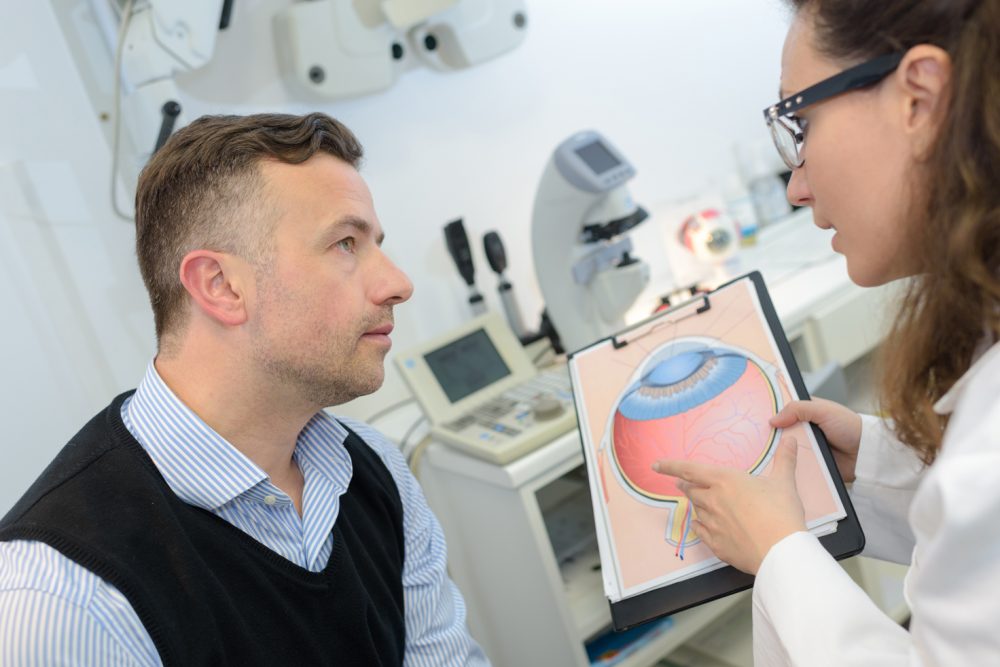Advertisment
Horizon Therapeutics initiates randomized controlled clinical trial evaluating Tepezza for the treatment of chronic (inactive) thyroid eye disease

Horizon Therapeutics plc has announced that the first patient has been enrolled in a Phase IV clinical trial evaluating the efficacy and safety of Tepezza for the treatment of chronic (inactive) TED. Tepezza is the first and only medicine approved by the FDA for the treatment of TED – a serious, progressive and potentially vision-threatening rare autoimmune disease.
TED begins with an acute (active) phase where inflammatory signs and symptoms, such as eye pain, swelling, proptosis (eye bulging) and diplopia (double vision), progress over time. The disease then enters a chronic phase where inflammation is no longer present or has markedly diminished, but significant signs and symptoms may remain.
“It is common for patients who are in the chronic phase of the disease to continue having debilitating symptoms, lie eye pain and bulging, that interfere with daily living and require treatment,” said Raymond Douglas, M.D., Ph.D., trial investigator and director of the Orbital and Thyroid Eye Disease Program, Cedars-Sinai Medical Center. “In a number of published case reports and analyses, Tepezza improved Thyroid Eye Disease symptoms, including eye bulging, when administered in the chronic phase. This trial will help us understand these observations in a controlled clinical setting.”
This randomized, double-masked, placebo-controlled, parallel-group, multicenter trial will evaluate the efficacy, safety and tolerability of Tepezza compared to placebo in treating patients with chronic TED. At the time of the initial screening, all participants must be at least 18 years of age and have had an initial diagnosis of TED for at least three years and less than eight years. Participants cannot have had prior orbital irradiation, orbital decompression or strabismus surgery. Approximately 60 adult participants who meet the trial eligibility criteria will be randomized in a 2:1 ratio to receive an infusion of either Tepezza or placebo, 10 mg/kg for the first infusion and 20 mg/kg for the remaining seven infusions, once every three weeks, for a total of eight infusions.
The primary efficacy endpoint is change from baseline at Week 24 in proptosis in the study eye. The trial will also assess proptosis responder rate, diplopia responder rate, change in orbital pain, change in muscle volume and change in the Graves’ Ophthalmopathy Quality of Life (GO-QoL) questionnaire appearance and visual functioning subscales. Proptosis non-responders who have completed the treatment period may choose to enter an open-label extension period where they will receive eight infusions of Tepezza. More information about the trial, including full eligibility criteria, can be found at clinicaltrials.gov (NCT04583735).





